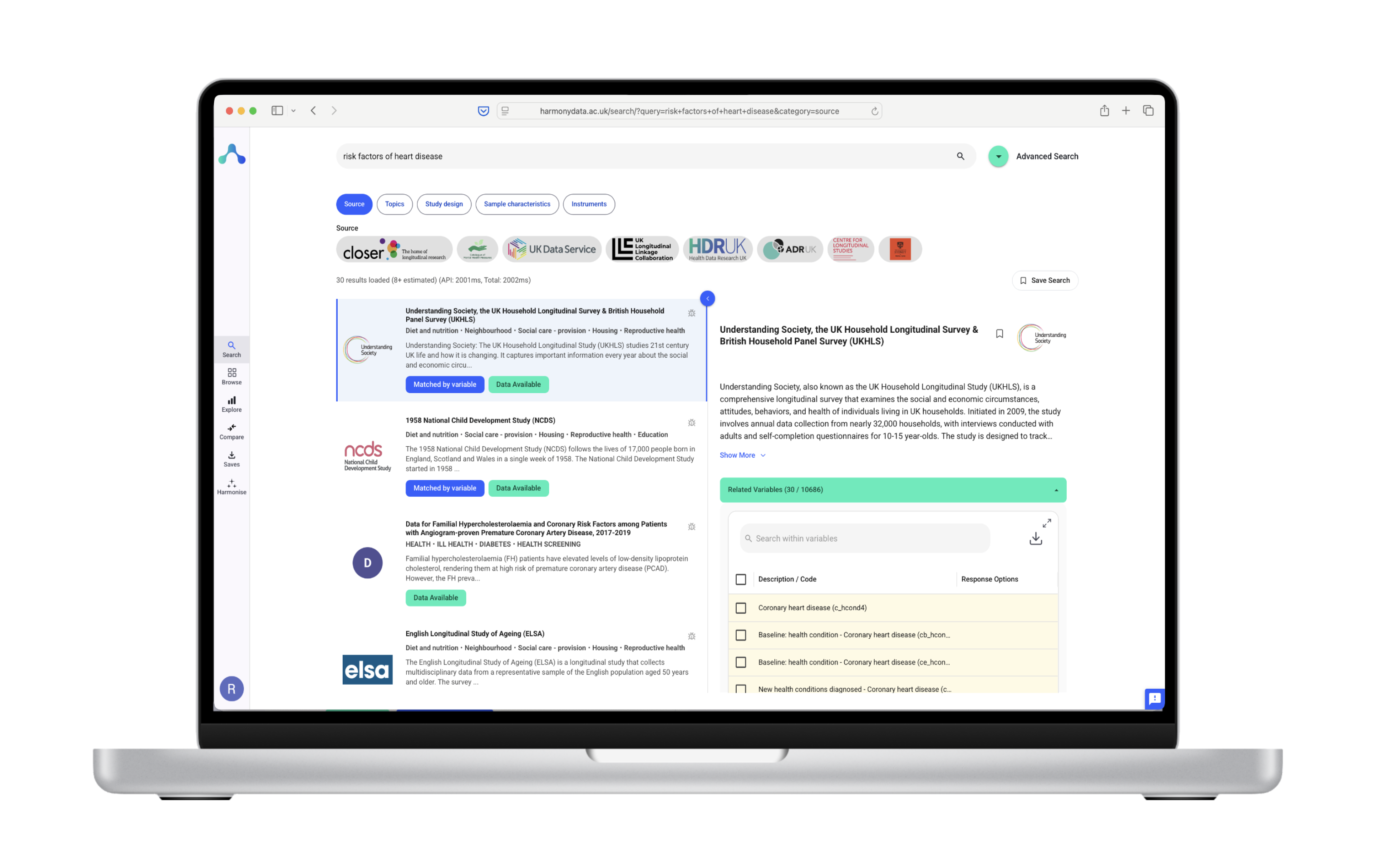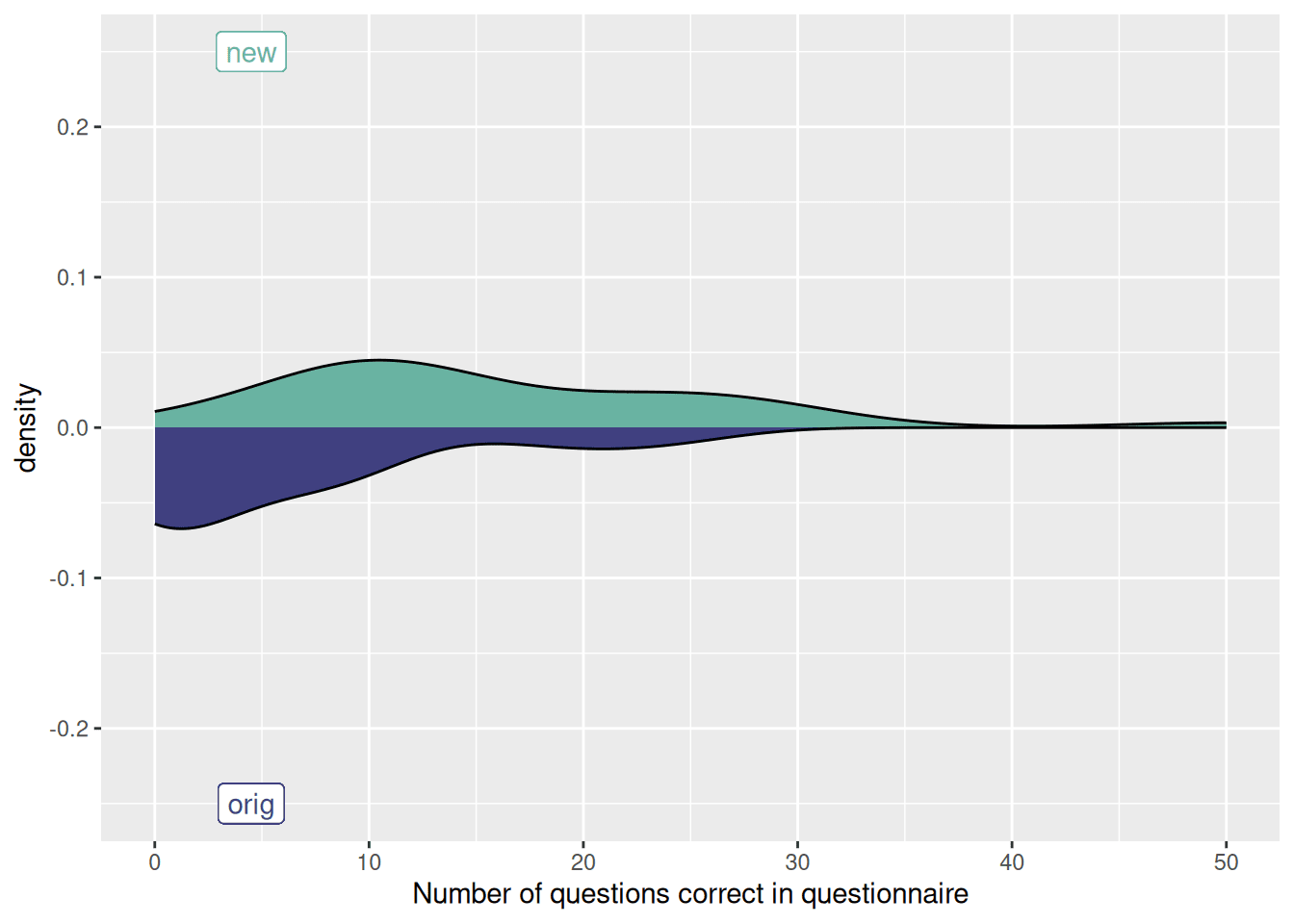
5 key things Implementation Science has taught us to focus on
Yesterday the Harmony team received the wonderful news that we are given the chance to continue working on Harmony for another six months, after which we can put ourselves forward for the final round. The Wellcome Mental Health Data Prize has chosen an unusual (for the research world) approach this time, using a “Dragon’s Den” style scheme where research teams can pitch their ideas to win funding for their projects. We started this journey with 10 other teams around six months ago, and last week we all presented our work and pitched our vision for the next 6 months. This nontypical funding scheme challenges some of the traditionally slow university structures, and I am excited about the creativity with which the Wellcome Trust keeps the research world on its toes.
As our team embarks on the prototyping journey, I am reflecting on how we can maximise the implementation success for our digital Harmony tool. I want Harmony to have a life post grant-funding and ensure that it has measurable impact on the wider researcher community and global mental health efforts.
The successful implementation and sustainability of digital products developed through research grant funding, has been shockingly low. We have seen this especially in the digital mental health field, where thousands of apps and platforms have been developed and only very few have been implemented and sustained in the wild. From this line of research and my own work with colleagues I know that innovation and effectiveness alone are not sufficient to secure real-world adoption .

So how can we maximise the uptake and implementation of Harmony to give it a longer shelf-life? I’ll draw on the field of implementation science[i] which provides useful insights and frameworks on share some reflections on how this could be done and what we and our fellow teams may want to focus on at this stage.
1. Think about uptake and implementation early on
2. Identify and involve stakeholders when you design and develop your product/tool
3. Think of (existing) structures to integrate your product
4. Money
5. Reach and penetration
We wish all remaining Wellcome Mental Health Data Prize teams a great start into the next stage. We are beyond excited.

[i] defined as the study of methods to promote the systematic uptake of research findings and evidence-based practices

